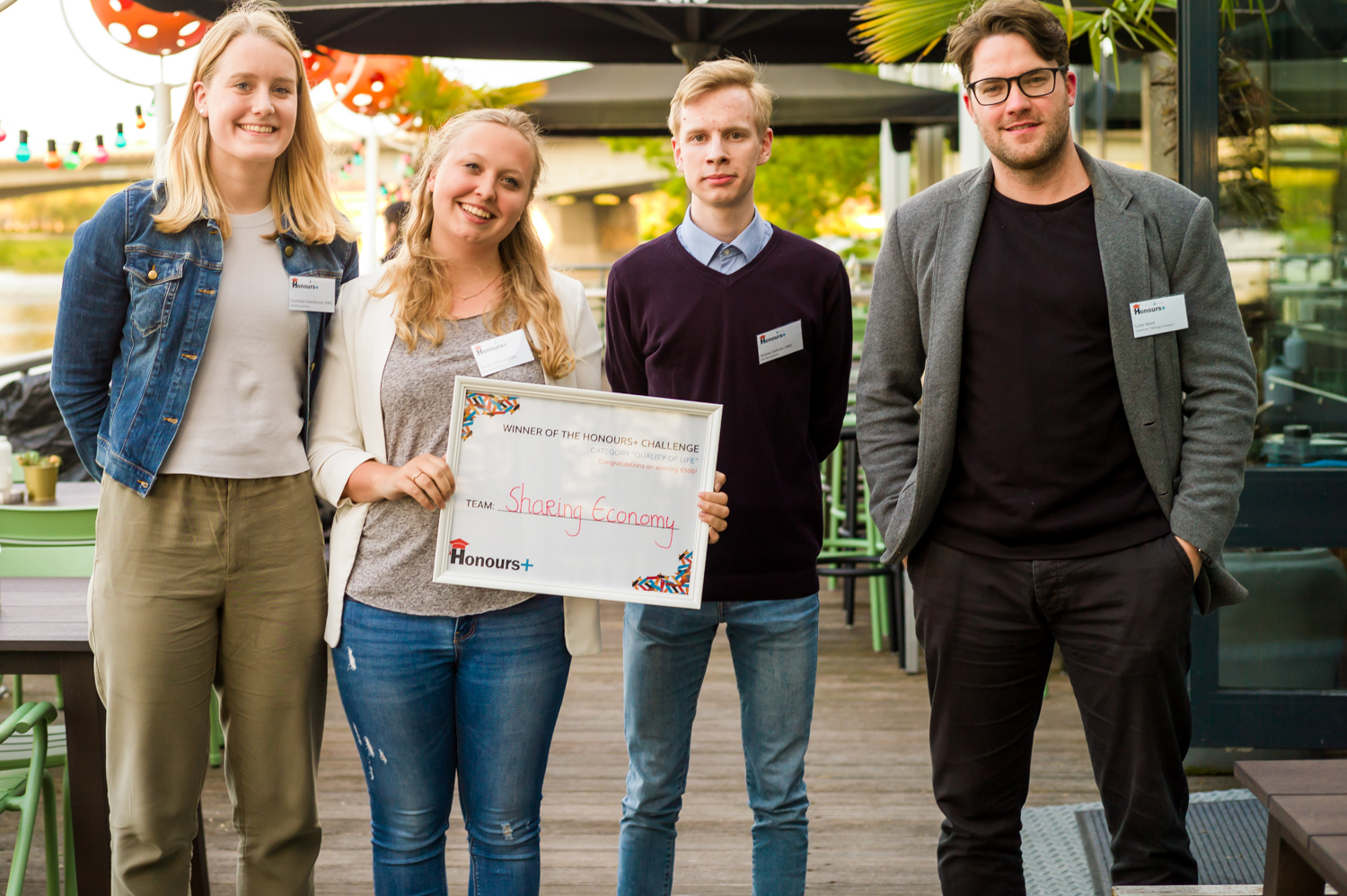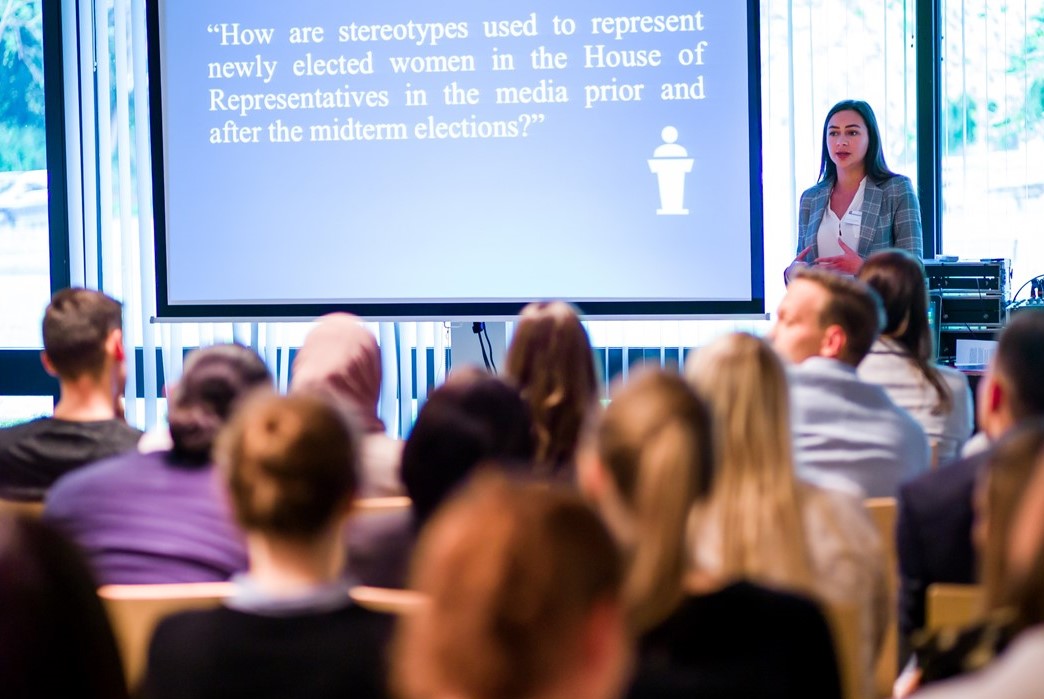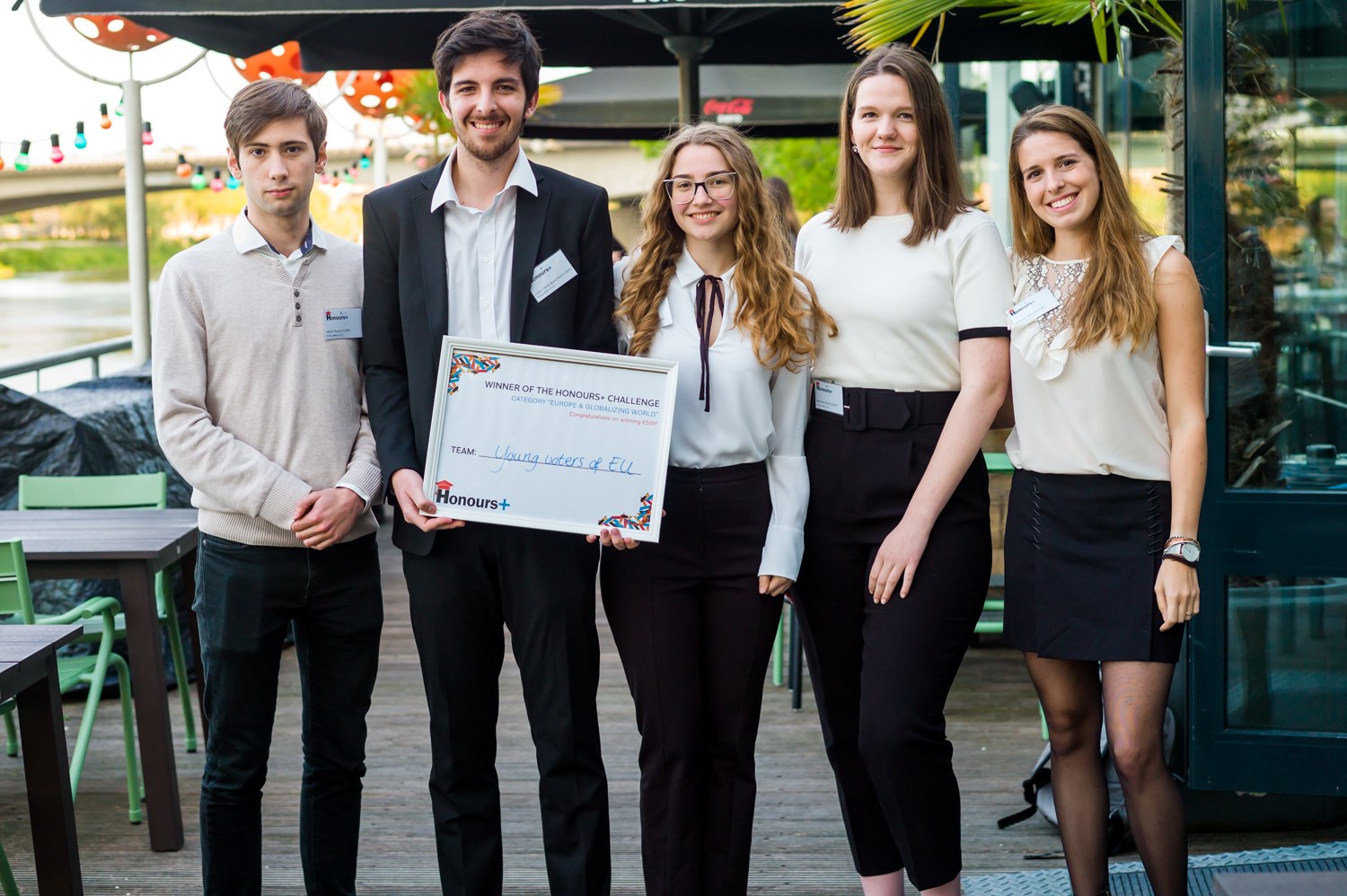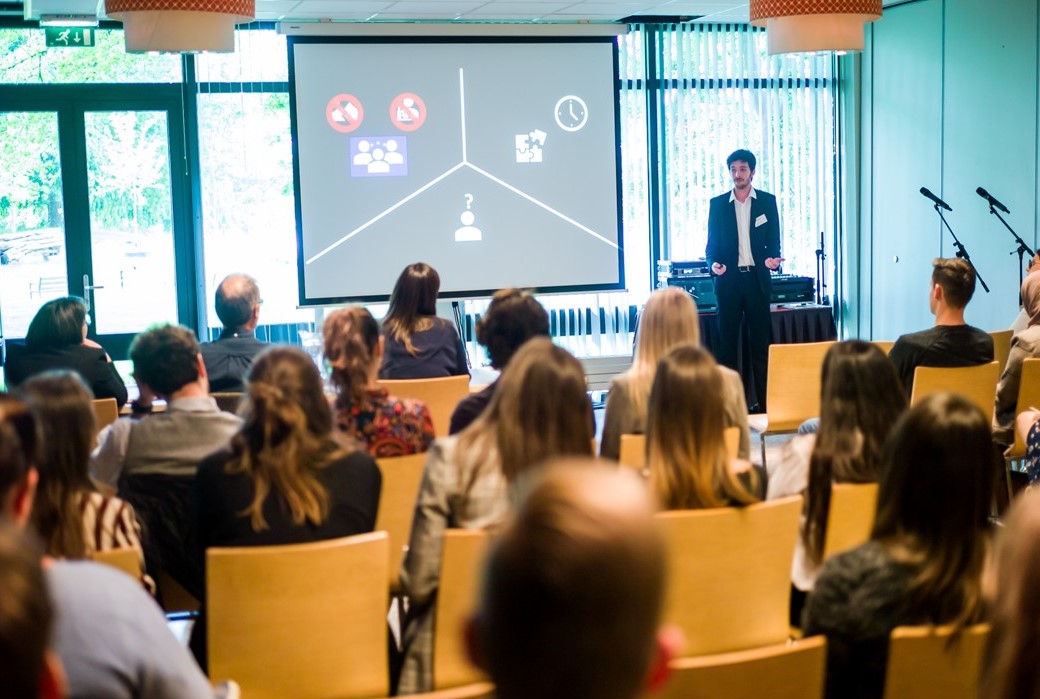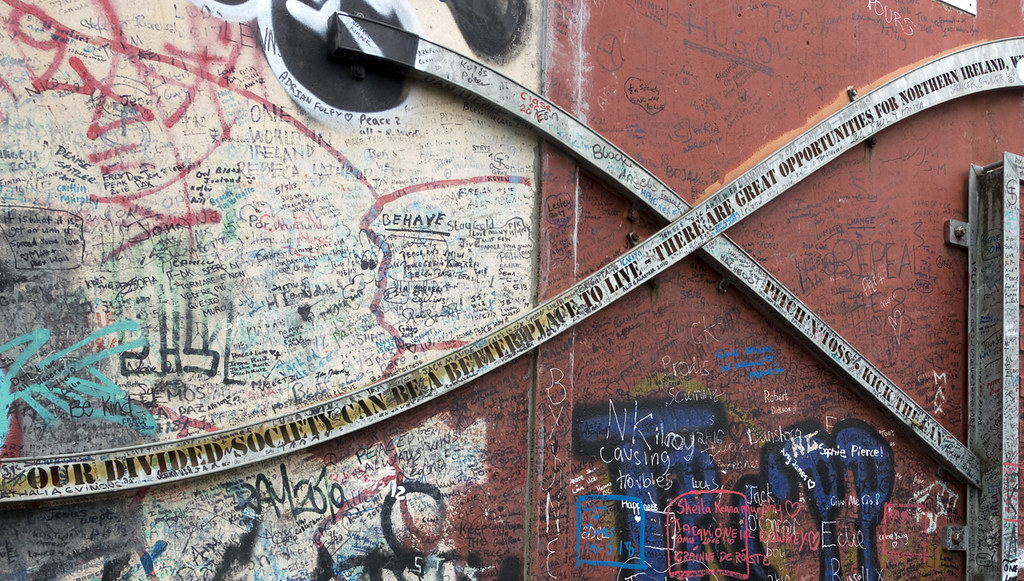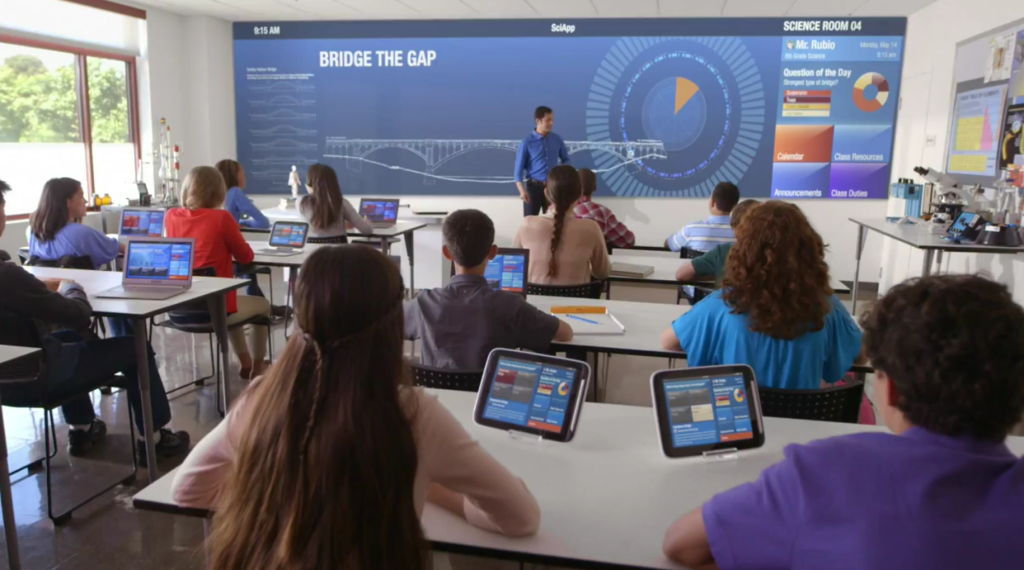Honours+ Finishers website
Dear Honours+ students and Supervisors,
Congratulations on the completion of your challenges and thank you all for another great year of Honours+. It was a year in which Covid-19 kept defining our world and lives, but also drove us to be more resourceful and resilient than ever. Such pandemics and situations are exemplary for the challenges of the future that require an interdisciplinary way of working, as is requested of your generation.
We want to thank you and applaud you for your flexibility, resilience, self management skills and creative problem solving. We hope all the valuable lessons you learned, the useful knowledge you gained, and all the skills you (further) developed, serve you well in all your future endeavors.
Kind regards,
Honours+ Central Management Team
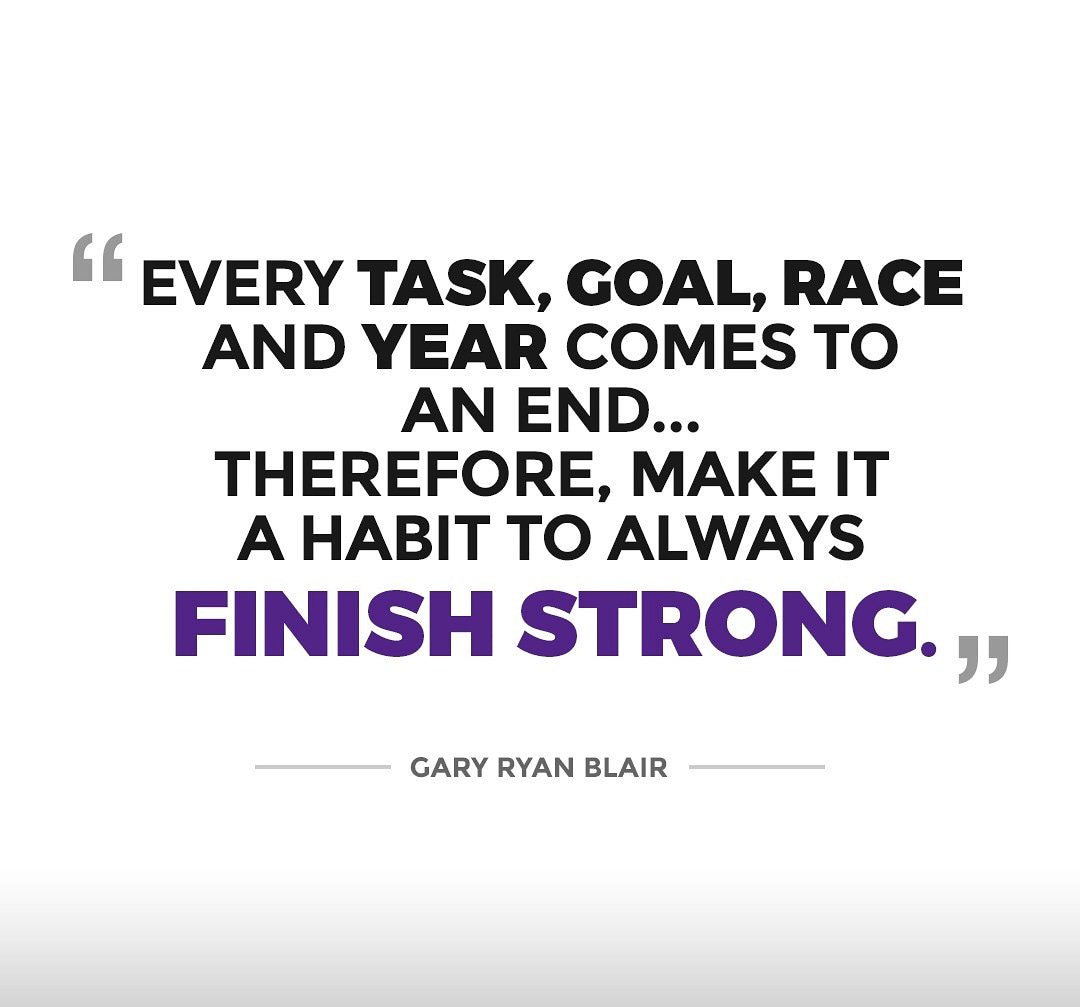
Challenge outcome: pitch & poster
The Honours+ programme is concluded with a round of pitches, during which each team presents their findings with regards to the team challenge to the other Honours+ students, and a jury. Each teams also designs a poster to visualize their findings. The best presentation and poster within every challenge topic will win a team prize.
The team challenges are based upon the Dutch National Research Agenda, and UN’s SDG’s.
Below, this year’s Honours+ students inform the H+ community what potential solution they found (applied research challenges) or what new and value-adding knowledge to the already existing knowledge on this topic their team uncovered (theoretical research challenges).
How can we promote and create social cohesion in a diverse society?
This challenge has an applied research focus. Therefore, the students’ aim is directed towards providing a solution to specific problems or an attempt to solve these problems. The research is not done for its own sake, but with the specific aim of solving the problem. It is research that can be applied to real-life situations. It studies a particular set of circumstances, so as to relate the results to its corresponding circumstances.
Jury members "How can we promote and create social cohesion in a diverse society?"
Sally Wyatt
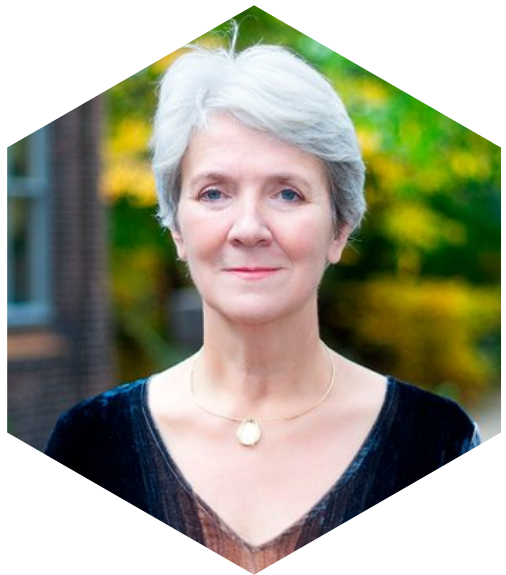
Professor of Digital Cultures Technology & Society Studies
FASoS
Matthias vd Haegen
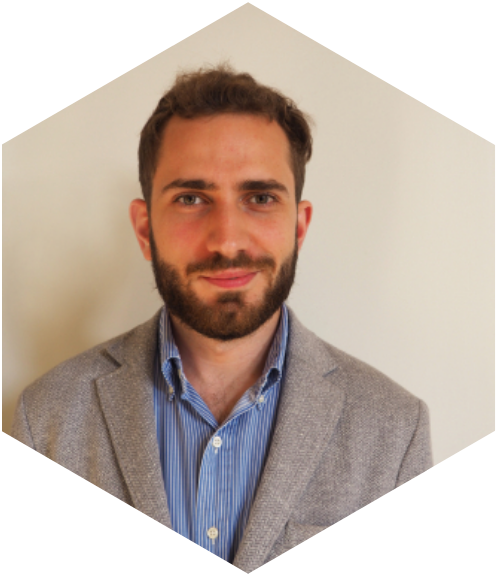
Assistant Professor Private Law, Honours coordinator
LAW
Vincent Janssen
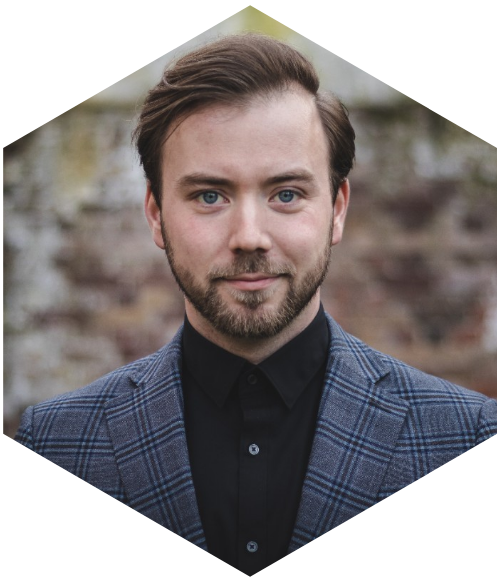
Project Leader Province of Limburg & Editor-in-Chief journalistic platform Geen Kwats
What is the inequality problem?
This challenge has a theoretical research focus. Therefore, the students’ aim with the challenge is to contribute to the advancement in scientific knowledge for the complete understanding of a topic or certain phenomenon. It is completely theoretical, and focuses on basic principles and testing theories. These challenges are aligned towards collecting information that has universal applicability. Therefore, it aims to adding new knowledge to the already existing knowledge.
Jury members "What is the inequality problem?"
Stefan Jongen
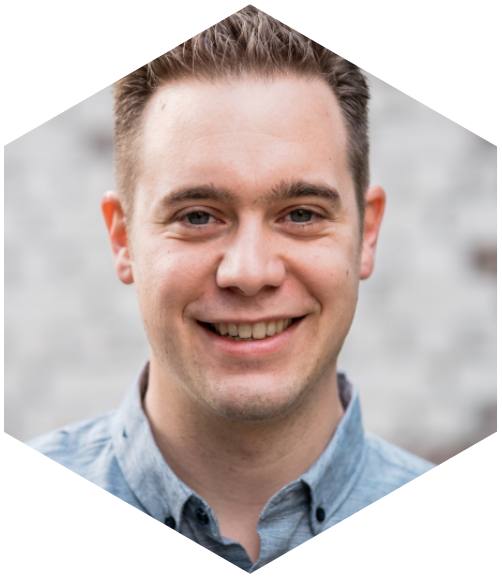
Coordinator UTQ/CPD, Scientific Information Specialist
MSP-FSE
Carla Haelermans
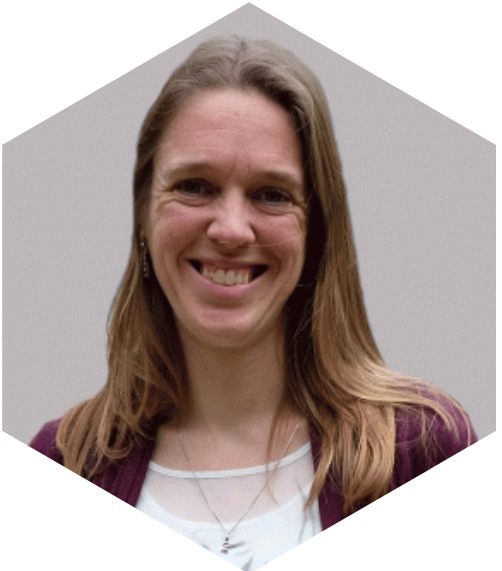
Associate professor in education economics
the Research Centre for Education and the Labour Market (ROA)
Ophélie Hue
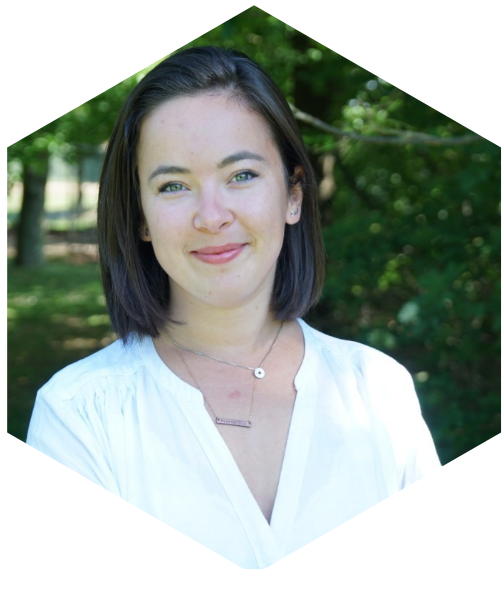
Policy Officer UM Diversity&Inclusivity Office
MUO
How does the built environment affect health and well-being?
This challenge has a theoretical research focus. Therefore, the students’ aim with the challenge is to contribute to the advancement in scientific knowledge for the complete understanding of a topic or certain phenomenon. It is completely theoretical, and focuses on basic principles and testing theories. These challenges are aligned towards collecting information that has universal applicability. Therefore, it aims to adding new knowledge to the already existing knowledge.
Jury members "How does the built environment affect health and well-being?"
Jonathan van Tilburg
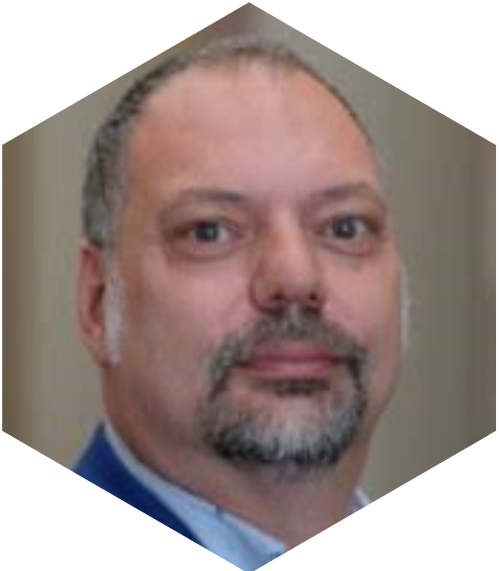
Senior lecturer Humane Biology
FHML
Stephan Smeekes
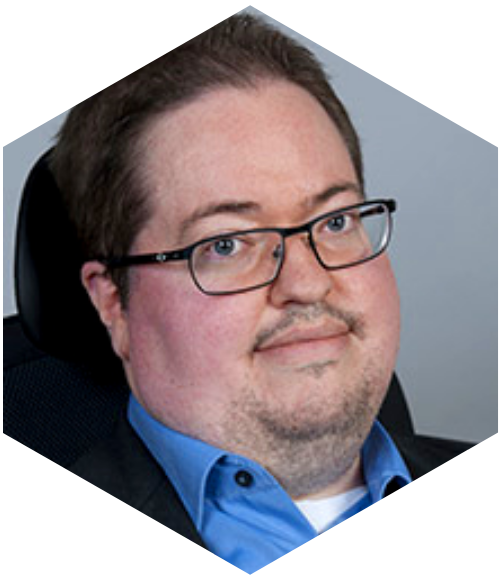
Associate Professor QE / Econometrics, Quantitative Economics
SBE
Rick Kramer
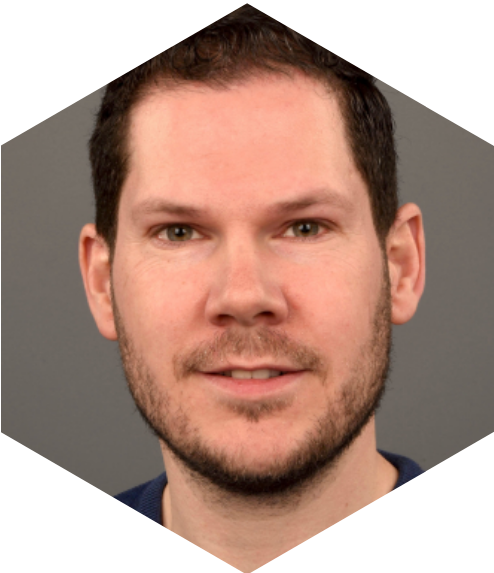
Researcher in the chair Energy Metabolism and Thermoregulation
NUTRIM school for Nutrition and Translational Research in Metabolism
How do the old and new media influence individuals and society?
This challenge has a theoretical research focus. Therefore, the students’ aim with the challenge is to contribute to the advancement in scientific knowledge for the complete understanding of a topic or certain phenomenon. It is completely theoretical, and focuses on basic principles and testing theories. These challenges are aligned towards collecting information that has universal applicability. Therefore, it aims to adding new knowledge to the already existing knowledge.
Jury members "How do the old and new media influence individuals and society?"
Sally Wyatt

Professor of Digital Cultures Technology & Society Studies
FASoS
Vincent Janssen

Project Leader Province of Limburg & Editor-in-Chief journalistic platform Geen Kwats
Loes Pustjens
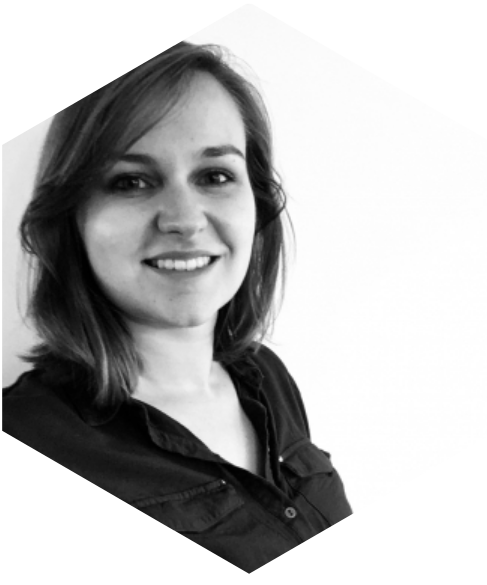
Communications Officer
SBE & UB
What should education be like in the future?
This challenge has a theoretical research focus. Therefore, the students’ aim with the challenge is to contribute to the advancement in scientific knowledge for the complete understanding of a topic or certain phenomenon. It is completely theoretical, and focuses on basic principles and testing theories. These challenges are aligned towards collecting information that has universal applicability. Therefore, it aims to adding new knowledge to the already existing knowledge.
Jury members "What should education be like in the future?"
Stefan Jongen

Coordinator UTQ/CPD, Scientific Information Specialist
MSP-FSE
Carla Haelermans

Associate professor in education economics
the Research Centre for Education and the Labour Market (ROA)
Ophélie Hue

Policy Officer UM Diversity&Inclusivity Office
MUO
How do we improve the quality and availability of health care as much as possible while keeping it affordable?
This challenge has an applied research focus. Therefore, the students’ aim is directed towards providing a solution to specific problems or an attempt to solve these problems. The research is not done for its own sake, but with the specific aim of solving the problem. It is research that can be applied to real-life situations. It studies a particular set of circumstances, so as to relate the results to its corresponding circumstances.
Jury members "How do we improve the quality and availability of health care while keeping it affordable?"
Jonathan van Tilburg

Senior lecturer Humane Biology
FHML
Stephan Smeekes

Associate Professor QE / Econometrics, Quantitative Economics
SBE
Irina Pokhilenko
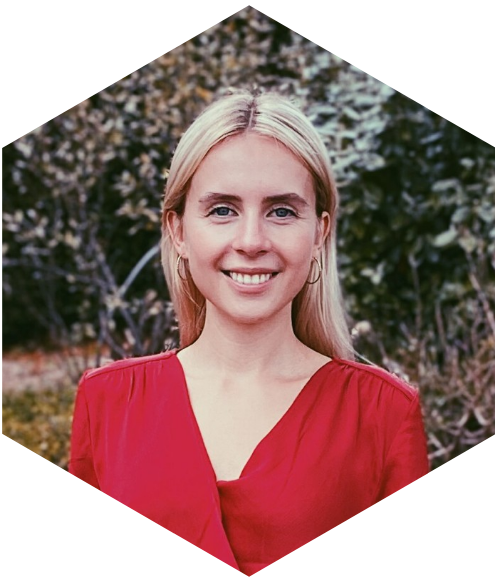
Health Economics & HTA Researcher
FHML
How do we generate synergy between the physical and digital world to make life better worldwide?
This challenge has an applied research focus. Therefore, the students’ aim is directed towards providing a solution to specific problems or an attempt to solve these problems. The research is not done for its own sake, but with the specific aim of solving the problem. It is research that can be applied to real-life situations. It studies a particular set of circumstances, so as to relate the results to its corresponding circumstances.
Jury members "How do we generate synergy between the physical and digital world to make life better worldwide?"
Sally Wyatt

Professor of Digital Cultures Technology & Society Studies
FASoS
Vincent Janssen

Project Leader Province of Limburg & Editor-in-Chief journalistic platform Geen Kwats
Claudia van Oppen
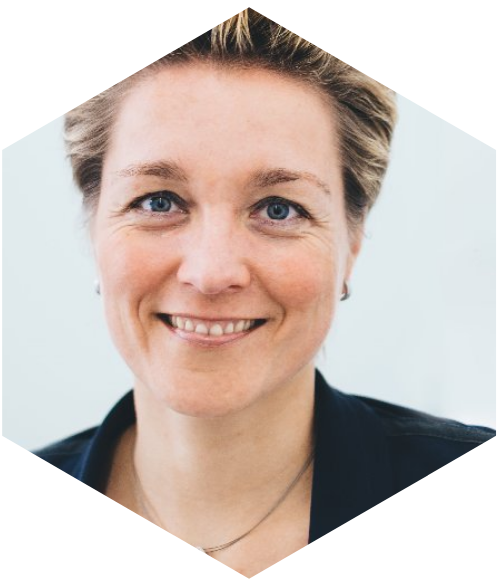
Deputy Director Maastricht University Library and Manager of the Department of Research Support and Development
UB



